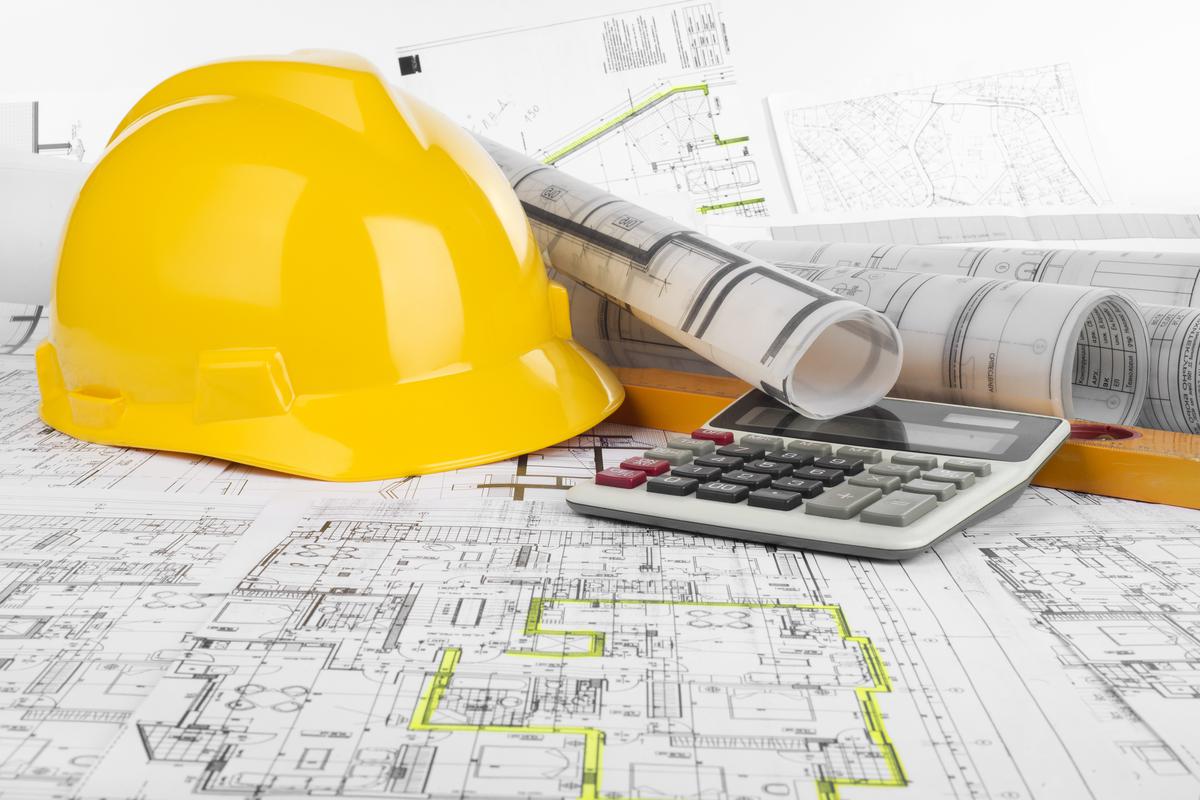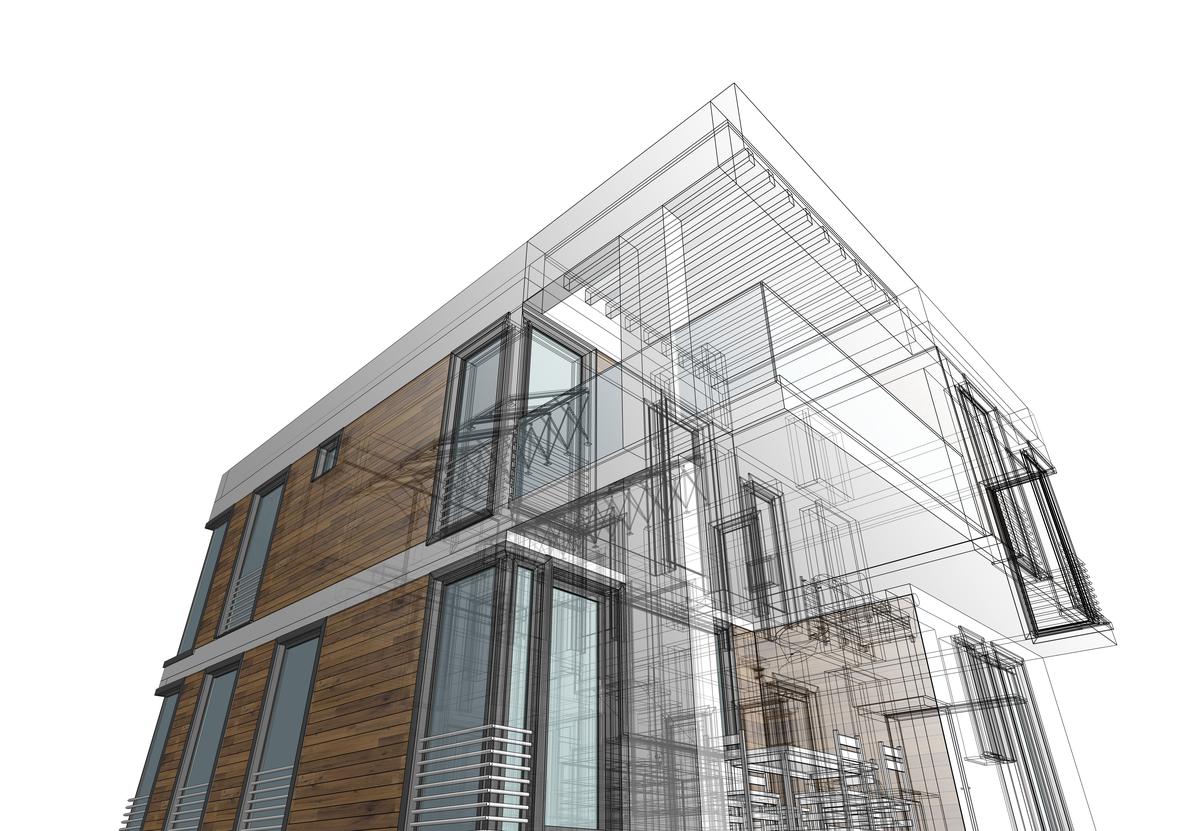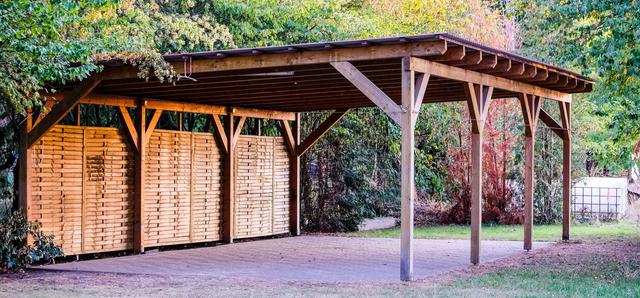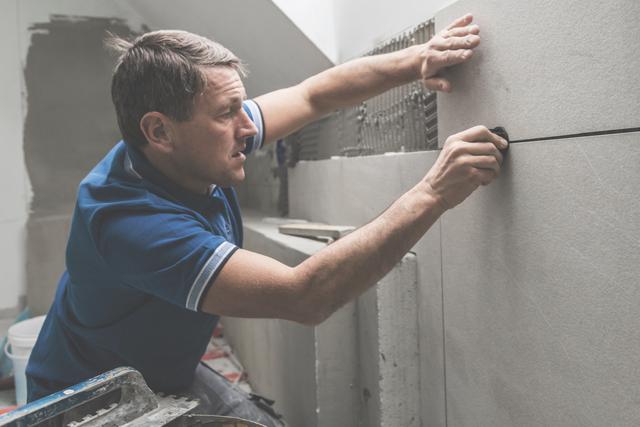Most of us don’t think about how we might one day need a structural engineer, just like we don’t think we might need a lawyer or surgeon one day. We especially don’t think we might need a structural engineer, seeing as the places we live in are already structured and built.
However, a little insight into what a structural engineer is might prepare you to notice when and if you might need one, even if you’re not building a new home from the ground up. And if you find you have a project for a structural engineer, it’s best not to DIY that one.
In this series, we try to take the curtain back and shed some light on the kind of professionals who might work on your home improvement projects. You may not have heard of some of these trades, and some you’ve heard of but probably don’t know exactly what they do. Well, here is a breakdown of what a structural engineer is when you might need one, what they do, and how to choose one.
What is a Structural Engineer?
Structural engineering is one of the branches of engineering that dates back the furthest. While the world of construction presents itself with a slew of trades and professionals you’re not often aware of, structural engineers are at the base of it all. Without them, it’ll all fall apart - literally - because it’s a structural engineer’s job to design a home, building, or bridge that will stay standing.












comments